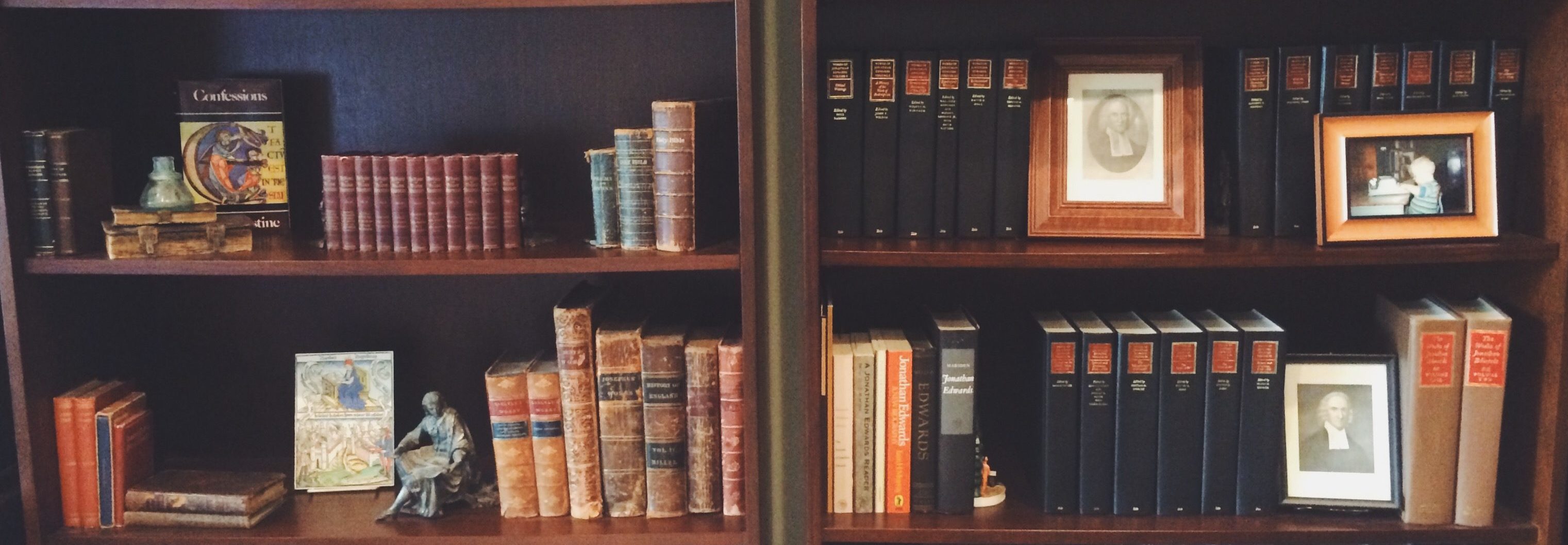Books We’re Reading
Posted On May 25, 2018
At RBC, we love books. Every so often, we’d like to share with you some of the ones we appreciate. Listed below are a few books we’re currently reading (or just finished). Enjoy!
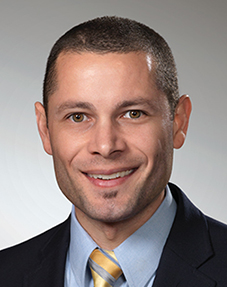 Dave Briones, professor of New Testament, recently read Jesus and Israel: One Covenant or Two? by David E. Holwerda.
Dave Briones, professor of New Testament, recently read Jesus and Israel: One Covenant or Two? by David E. Holwerda.
I assigned Holwerda’s Jesus and Israel for my Biblical Theology II class, and I’m so glad I did. It is an excellent read. Holwerda clearly demonstrates how Reformed covenant theology enables Christians to make sense of Old Testament promises concerning Israel, the temple, the law, and the land, and how they ultimately find their fulfillment in Christ. “For,” as Paul declares, “all of the promises of God find their Yes in him. That is why it is through him that we utter our Amen to God for his glory” (2 Cor. 1:20). This book is a tour de force!
Tyler Freire, admissions recruiter, is reading The Christ of Wisdom by O. Palmer Robertson.
This is an insightful examination of the Old Testament wisdom literature. It is already helping me to understand better how that portion of Scripture points to Jesus. Robertson is a trusted and godly writer whose years of meditation upon the text are evident in every line he writes.
Kevin Gardner, resident adjunct professor and associate editor of Tabletalk, is reading Confessing the Faith: A Reader’s Guide to the Westminster Confession of Faith by Chad Van Dixhoorn.

The Westminster Confession of Faith is a remarkable document. Written in the crucible of war—for what else would you do when a war is on?—the confession admirably, succinctly, and thoroughly summarizes the Reformed faith in a fashion that is startlingly relevant and nearly impossible to improve upon even four hundred years later. Chad Van Dixhoorn’s Confessing the Faith takes the reader on a journey through the confession, teasing out its insights, filling in background information, and cultivating renewed appreciation for this treasured document.
Lauren Hughes, communications specialist, is reading 12 Ways Your Phone Is Changing You by Tony Reinke.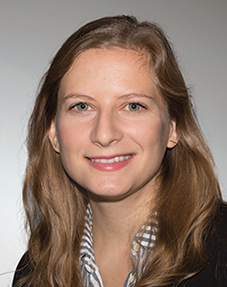
It’s become a common theme lately to see an article about social media consumption and the unhealthy side effects on us mentally, physically, and relationally. What I appreciate about this book is that it speaks to the spiritual implications of smartphone usage and addresses some of the root issues that cause us to rely on our devices—our uneasiness with silence, with boredom, with missing out, with being alone, and with the idea of being forgotten. Part of my job is to create social media content for RBC, and sometimes this is a convenient excuse for having my phone constantly in my hands. I like that this book challenges me to look seriously at “normal” smartphone habits and how they affect my faith.
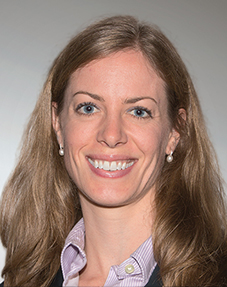
Kristen Kenney, operations manager, recently read None Like Him by Jen Wilkin.
This book is deeply challenging and hilarious at the same time. It has opened my eyes to the ways that I strive for characteristics that belong only to God—for example, the desire to be omniscient. I never thought of myself as someone who strove for omniscience, but this book helped me see that my constant craving for knowledge of the future is not merely a desire to make the best decision today, but it is actually a desire to know what only God knows. This book is both challenging and comforting as it re-orients my thinking, allowing me to worship God for who He is, and to be content with who He has made me to be.
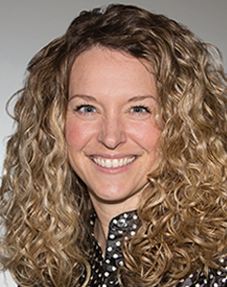
Madie Martin, director of admissions, is reading Bernadine Bigner Cantrell’s Her Husband Is Known in the Gates.
I recommend this book as it gives great insight into the vital role I play in supporting my husband. I want to be a wife that cares for and strengthens her husband, and this is giving me practical ways to do so.

Keith Mathison, professor of systematic theology, recently read Love Thy Body by Nancy Pearcey.
All of Nancy Pearcey’s books are informative and instructive, but her latest book, Love Thy Body, may be her most important. In this book, she helps Christians think through the anthropological dualism that underlies issues ranging from abortion and euthanasia to homosexuality and transgenderism. Those dealing with any of these issues on any level should read this book.
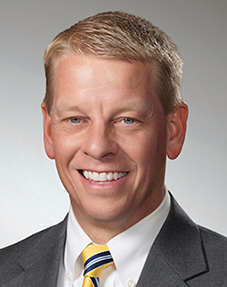
Steve Nichols, president, recently read Dispatches from the Front: Stories of Gospel Advance in the World’s Most Difficult Places by Tim Keesee.
This book reminds us just how big the world is and how great the gospel is. These stories of the gospel’s advance convict and encourage, and it does not hurt at all that Dr. Keesee is an eminent storyteller.
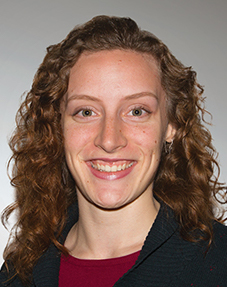 Rebekah Pierce, registrar, is reading Management 101 by Stephen Soundering.
Rebekah Pierce, registrar, is reading Management 101 by Stephen Soundering.
This book provides employees with an employer’s perspective on management, corporate strategy, and job training. A helpful book for anyone interested in the inner workings of corporate business and what holds it together.
Robert Rothwell, resident adjunct professor and associate editor of Tabletalk, is reading The Whole Christ by Sinclair Ferguson.

It’s taken me much longer to get to this book than I wanted, but as I suspected, this work has greatly edified me. It’s a safe bet that you should read anything Sinclair Ferguson has written, and this book answers so many questions regarding legalism, antinomianism, and other gospel issues. It is a great reminder that God’s grace is ultimately a person—Jesus Christ our Lord.
Megan Taylor, executive assistant to the president, is rereading Frankenstein, by Mary Shelley.

Every time I revisit Frankenstein, I am struck by how this warped creation story written by a teenager can cause me to reflect on human nature and redemption. Though a quick read, Mary Shelley’s writing has such depth, that I find this book worth reading and re-reading.
John Tweeddale, academic dean, is reading Charles Hodge: The Pride of Princeton by Andrew Hoffecker.
Hodge is one of the most fascinating characters in the history of American Presbyterianism, and few know him better than Hoffecker. This biography represents the fruit of his career long study of Hodge and Old Princeton. The chapters are crisp and well written. Especially compelling is Hoffecker’s argument that Hodge ties together a robust confessionalism with warm-hearted piety. While we’re on the subject of American Presbyterianism, I just finished three small booklets from the newly minted Log College Press. Committed to collecting and reprinting writings from the early days of American Presbyterianism, this new press is well worth your time. As a bonus, they have many free resources on their website.
